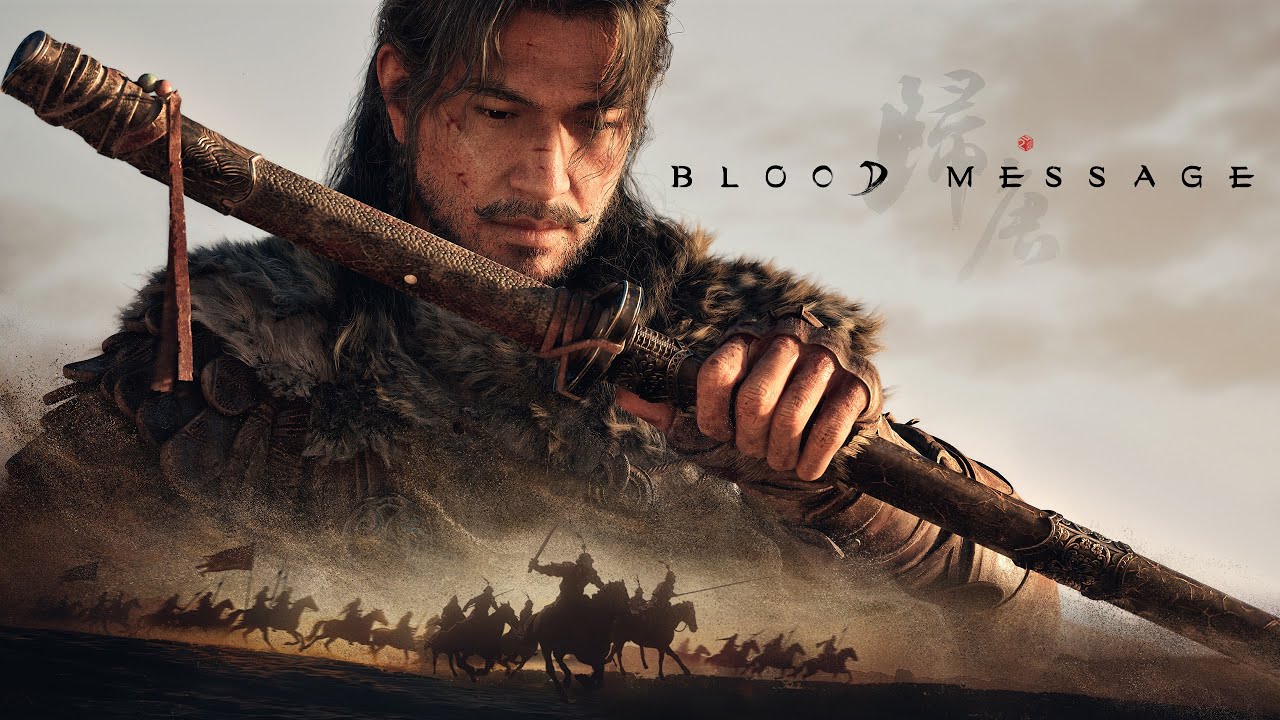NetEase, a Chinese company, has announced Blood Message, its first “AAA” single-player experience for PC and consoles. The game, which is currently in development at 24 Entertainment, the studio behind Naraka: Bladepoint, falls under the “wuxia” fantasy genre (a blend of medieval fantasy and martial arts) and is set during the final years of the Tang Dynasty.
The protagonist of Blood Message is a nameless messenger and his young son, who embark on a 1,600-kilometer journey to Chang’an, the heart of the Tang Empire. The debut trailer showcases a highly cinematic game, a feature highlighted by NetEase in the official synopsis. Players can anticipate realistic combat that blends stealth and survival mechanics, along with expansive landscapes inspired by East and Central Asia.
According to the Chinese publisher, Blood Message will be a game “about how ordinary people leave their mark on history as anonymous heroes.”NetEase, a Chinese gaming company, has unveiled Blood Message, its first “AAA” single-player experience for PC and consoles. Developed by studio 24 Entertainment, known for Naraka: Bladepoint, the game is set in the wuxia fantasy world of the late Tang Dynasty era. The story centers on an unnamed messenger and his son as they embark on a 1,600-kilometer journey to Chang’an, the capital city of the Tang Empire. The debut trailer highlights a cinematic game featuring realistic combat with stealth and survival elements, along with expansive landscapes inspired by East and Central Asia.
“We are introducing players to a new generation of radical adventures with Blood Message,” said Zhipeng Hu, Executive Vice President of NetEase, in a press release. “As our first single-player focused experience from NetEase Games, after two decades of deep dedication to the gaming industry, we are prepared to offer a truly epic and cinematic experience for players worldwide.”
Blood Message, alongside Black Myth: Wukong, Wuchang, and others, is another representative of the new phase in China’s video game industry. This phase follows decades of focus on free multiplayer titles and refining “gacha” mechanics for mobile games, with a shift now towards competing in AAA production for consoles and PC.
Have any thoughts?
Share your reaction or leave a quick response — we’d love to hear what you think!
